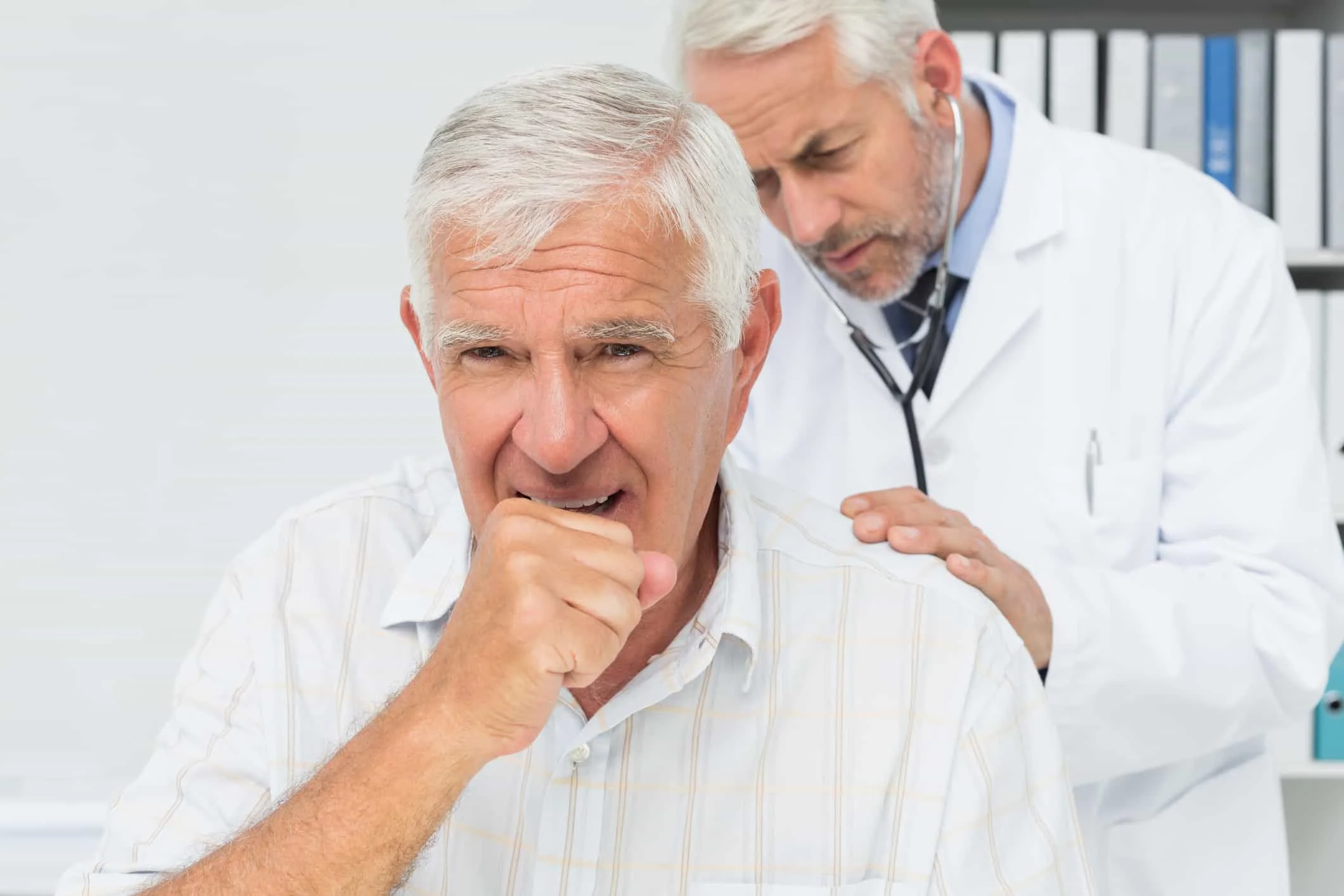What Happens When You Have Pneumonia?
/As we advance in age, we become vulnerable to health challenges that didn’t concern us in our younger years. Alzheimer’s disease, cancer, and heart disease are all major health issues that disproportionately affect people over 65. Seniors are also vulnerable to respiratory illnesses that increase their risk of contracting pneumonia. To make matters worse, pneumonia-associated deaths are the 4th leading cause of death in elderly people. Fortunately, pneumonia is treatable, and the sooner treatment is sought, the higher the chance of a full recovery.
What is pneumonia?
Pneumonia is a lung infection most commonly caused by bacteria, fungi, or viruses. Anyone can get it, but the very young, the elderly, and those with chronic lung conditions have the highest risk. Other risk factors include smoking, a recent respiratory infection (cold or flu), recent surgery or trauma, and a weakened immune system. The symptoms of pneumonia vary depending on whether it is bacterial or viral, but some common symptoms include:
- Cough (often with mucous)
- Fever
- Chest pain
- Loss of appetite
- Fatigue
- Confusion (particularly in the elderly)
- Profuse sweating
- Breathlessness
- Headache
- Muscle pain
- Bluish color to lips or nail beds
Recovery from pneumonia is generally 1 to 3 weeks, but it can be life threatening, so it’s crucial to seek a diagnosis and pneumonia treatment from a doctor as soon as possible. Through physical examination, chest X-ray, blood work, CT scans, and other tests, your doctor will be able to help determine what kind of pneumonia you have and get you started on treatment right away.
What happens when you have pneumonia?
Once a doctor has diagnosed pneumonia, the goal is to cure the infection. In many cases, this can be done at home with proper rest, plenty of fluids, antibiotics, and medication to fight the fever, such as aspirin or ibuprofen. But because pneumonia can also cause serious complications, hospitalization is sometimes necessary in order to monitor high-risk patients and those with severe symptoms. Patients hospitalized for pneumonia typically receive fluids and antibiotics intravenously, and may get oxygen therapy or other respiratory treatments. The hospital staff also monitors vital signs to help ensure that the patient is responding to treatments and progressing in recovery.
How a skilled nursing facility can help with pneumonia recovery
Unfortunately, discharge from the hospital does not mean complete recovery from pneumonia. Most people continue recovering at home following a hospital stay. But for seniors and those with chronic lung conditions or an otherwise weakened immune system, the threat of serious complications remains until complete recovery is achieved. High-risk patients who transition to a skilled nursing facility that offers pulmonary rehabilitation and respiratory therapy increase their chance of a full return to wellness.
At Bella Vista Health Center, our respiratory therapists are dedicated to providing support to patients with pneumonia as well as those with chronic lung diseases and those recovering from lung surgery. Our 5-star skilled nursing facility in Lemon Grove also offers 24/7 care and monitoring by licensed medical professionals including doctors, nurse practitioners, and psychiatrists. All of our patients and residents receive nutritious meals, opportunities for group activities, and a range of other amenities to help them rehabilitate and recover in comfort.
If you or a loved one needs some extra support during the pneumonia recovery process, please don’t hesitate to contact us today.











